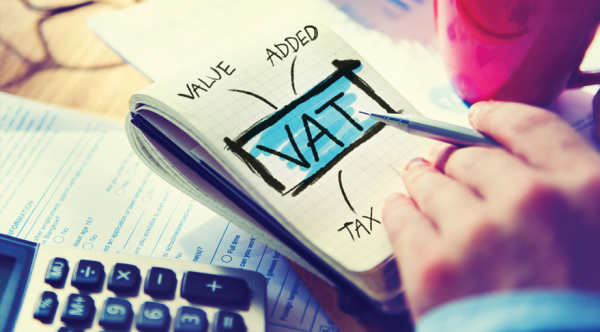VAT is an indirect tax charged at each stage of economic activity throughout the supply chain. VAT would be applicable on majority of the business transactions with some relief or exemption.
A significant milestone in the GCC was achieved when UAE along with Saudi Arabia, Bahrain, Qatar, Kuwait, and Oman announced the adoption of indirect tax system, namely VAT (Value Added Tax).
“Majority of revenues for Governments in the GCC region is from the Oil & Gas sector. Introduction of VAT is expected to reduce the dependency on the revenues from Oil and Gas sector and increase the availability of funds for people’s welfare and infrastructure in the region”
The GCC countries under the GCC VAT Agreement have aiming to adopt 5% VAT from 1st January, 2018 for countries that are VAT prepared and 1st January 2019 for GCC countries that are not VAT prepared.
The VAT is the largest-ever tax reform in the fiscal history of UAE. It charts a new course for indirect tax system in UAE. UAE declared the adoption of VAT from 1st January 2018.

With less than four months to go before businesses in the GCC are expected to start accounting for VAT, businesses should be well on the way to being ready. The introduction of VAT is more than just financial issue and businesses need to understand the commercial implications of VAT which include the potential impact on profit margins and cash flow as well as additional administrative requirements and costs.
Preparation for the changes required is essential and time is quickly running out. Businesses should be looking at:
- Taking a strategic decision on whether to raise prices or hold prices for a while and absorb some or all of the VAT in order to gain market share.
- Review existing contracts to determine who will absorb the VAT cost.
- Communicate with employees, customers, subcontractors and suppliers so that you can ensure that everyone is aware of potential issues and that there are no surprises come January 2018.
- Implement training for employees who will be dealing with VAT and who need a broader understanding of its commercial implications.





